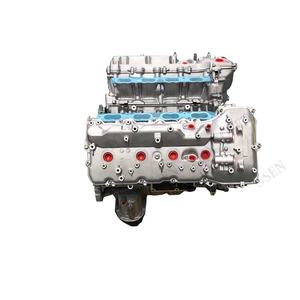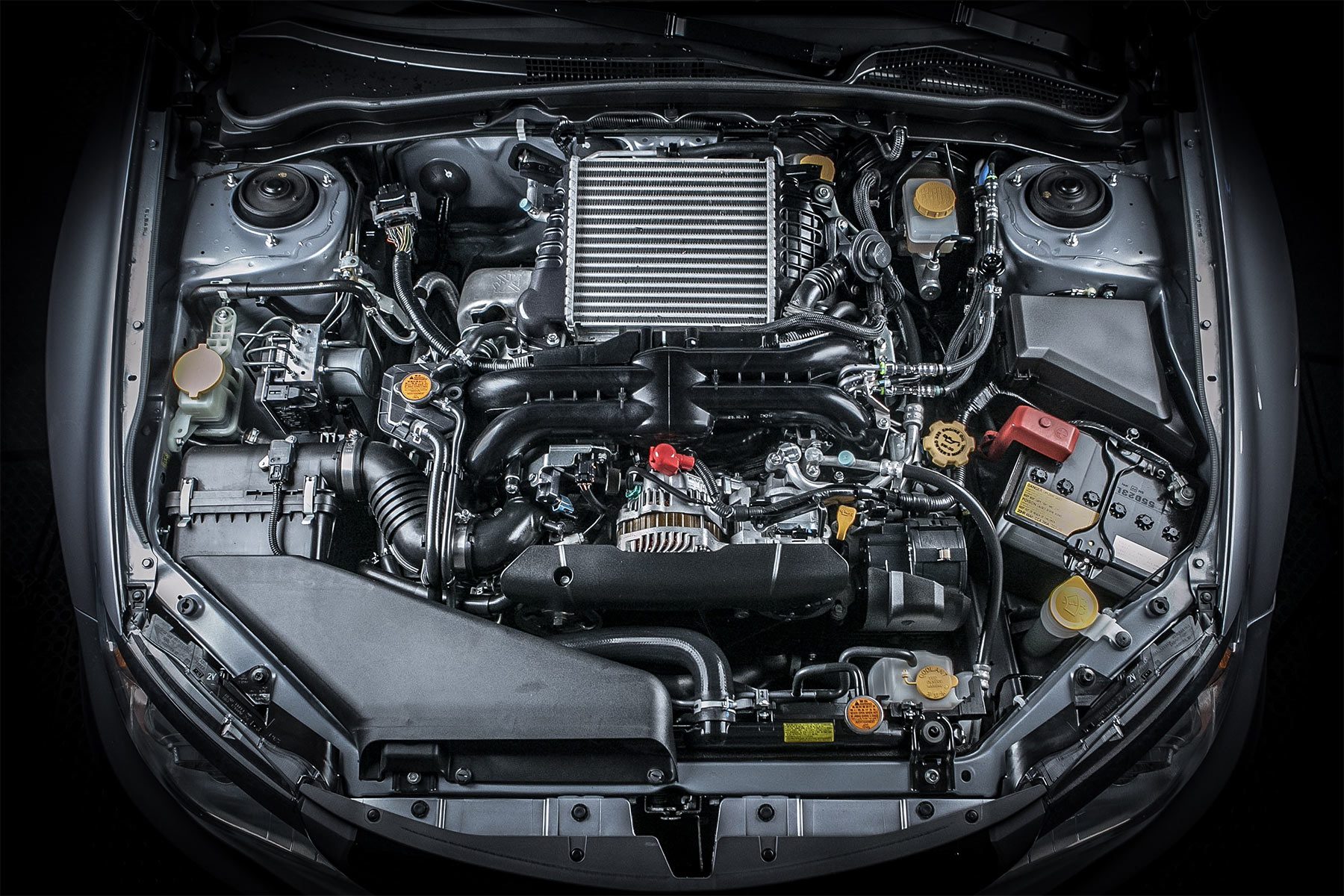Exactly how to Choose the most effective Import Engines for Your Automobile
Exactly how to Choose the most effective Import Engines for Your Automobile
Blog Article
Checking Out the current Technical Innovations in Import Engines and Exactly How They Enhance Driving Experience
In the world of vehicle engineering, the landscape of import engines is going through a profound change driven by advanced technical innovations. From the advancement of turbocharged engines to the integration of crossbreed technology, the most up to date innovations are transforming the driving experience in methods previously unthinkable. As import manufacturers press the boundaries of efficiency and efficiency through improved fuel injection systems and innovative engine administration options, the question emerges: How do these innovations absolutely influence the method we communicate with our automobiles on the roadway?

Advancement of Turbocharged Engines
In the automobile market, the advancement of turbocharged engines has actually significantly changed the landscape of performance and performance. Turbocharging, as soon as mostly seen in high-performance sports cars and trucks, has currently become a mainstream modern technology taken on by a vast variety of cars, from small hatchbacks to high-end cars. The fundamental principle behind a turbocharged engine is basic yet effective - forcibly more air right into the burning chamber, it enables even more fuel to be shed, leading to boosted power result.
One of the crucial benefits of turbocharged engines is their capability to deliver more power from smaller, much more fuel-efficient engines. This scaling down fad has actually brought about a reduction in discharges without endangering performance, making turbocharging an appealing choice for car manufacturers aiming to satisfy strict environmental guidelines. Additionally, turbocharged engines offer enhanced torque at reduced RPMs, supplying vehicle drivers with an extra vibrant and receptive driving experience - import engines.
As technology remains to breakthrough, we can anticipate more innovations in turbocharging, bring about even greater levels of performance and efficiency in the vehicle market.
Innovations in Gas Shot Systems
Modern gas injection systems have evolved to deliver fuel extra successfully and precisely right into the engine cylinders, boosting general engine efficiency and gas performance. One of the vital developments in gas injection systems is the change from traditional port gas injection (PFI) to even more sophisticated straight fuel shot (DFI) modern technology.
Additionally, the integration of digital control devices (ECUs) and sensors in fuel injection systems has enabled for real-time modifications to sustain distribution based on various elements such as engine lots, temperature, and driving conditions. In addition, developments in gas injector design, products, and spray patterns have added to cleaner burning and smoother engine operation.
Combination of Crossbreed Modern Technology
The development of fuel injection systems in the direction of better effectiveness and efficiency has actually set the phase for the seamless combination of crossbreed technology right into modern engines. Hybrid innovation combines using standard interior burning engines with electric propulsion systems, offering enhanced gas efficiency and lowered exhausts. By integrating electric motors and batteries right into the powertrain, crossbreed engines can supplement the interior combustion engine throughout velocity or low-speed driving, consequently enhancing total efficiency.

Improved Engine Administration Systems
What are the vital innovations in engine management systems that are improving the efficiency and effectiveness of modern-day engines? Engine monitoring systems have actually undergone considerable developments to optimize engine performance and efficiency. One crucial development is the integration of innovative sensors that continually monitor numerous specifications such as engine temperature, air-fuel proportion, and exhaust discharges. These sensors give real-time data to the engine control device (ECU), enabling accurate adjustments to be made to enhance combustion procedures and fuel effectiveness.
Additionally, contemporary engine administration systems use advanced algorithms and artificial intelligence to analyze the data gathered by sensing units and make vibrant modifications to elements such as ignition timing, fuel shot, and turbocharger boost stress. This level of accuracy and versatility lead to improved engine responsiveness, raised power result, and lowered fuel usage.
Additionally, engine management systems currently feature advanced diagnostic capabilities that can identify and attend to issues such as misfires, sensing unit malfunctions, and gas system irregularities in real-time, thereby enhancing overall engine integrity and long life. These developments in engine monitoring systems play a vital role in improving the driving experience by providing optimum efficiency, gas efficiency, and reliability.
Influence of Lightweight Products
Incorporating lightweight products in engine production has actually revolutionized the vehicle industry's technique to improving fuel performance and performance. Using products such as carbon light weight aluminum, fiber, and titanium has actually significantly decreased the total weight of engines, resulting in enhanced power-to-weight ratios and enhanced fuel economic climate. These light-weight materials supply a greater strength-to-weight proportion contrasted to typical products like steel, permitting better durability without jeopardizing performance.
Among the crucial benefits of dig this using lightweight materials in engine building and construction is the reduction of inertia, resulting in quicker engine reaction times and improved general car dexterity. Additionally, the lighter weight adds to reduce power consumption, making lorries more ecologically friendly by reducing exhausts.
Moreover, the application of lightweight products in engine parts such as pistons, linking poles, and crankshafts has actually enabled engineers to press the boundaries of efficiency without sacrificing dependability (import engines). This technology has actually led the means for extra powerful and effective engines that deliver an exceptional driving experience while satisfying rigorous emissions requirements
Verdict
In verdict, the most recent technological advancements in import engines have dramatically improved the driving experience. From the development of turbocharged engines to developments in fuel shot systems, assimilation of crossbreed modern technology, improved engine management systems, and using lightweight products, these developments have collectively enhanced performance, fuel effectiveness, and total driving dynamics. As innovation continues to development, we can anticipate much more amazing advancements in the future see here of import engines.
Modern fuel injection systems have actually progressed to deliver fuel a lot more successfully and precisely right into the engine cyndrical tubes, improving general engine performance and fuel efficiency - import engines. By integrating electrical motors and batteries right into the powertrain, a fantastic read hybrid engines can supplement the interior burning engine throughout velocity or low-speed driving, consequently improving total efficiency
What are the key innovations in engine management systems that are enhancing the efficiency and effectiveness of modern-day engines? Engine administration systems have undergone considerable developments to optimize engine efficiency and effectiveness. From the development of turbocharged engines to improvements in gas shot systems, assimilation of hybrid technology, enhanced engine monitoring systems, and the usage of lightweight materials, these innovations have actually jointly improved performance, gas efficiency, and overall driving dynamics.
Report this page